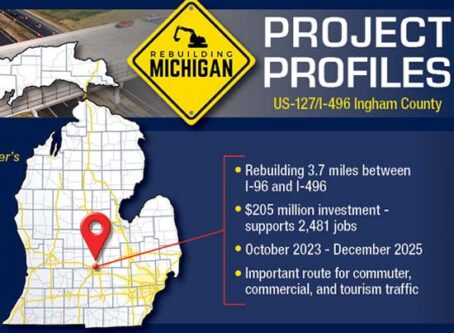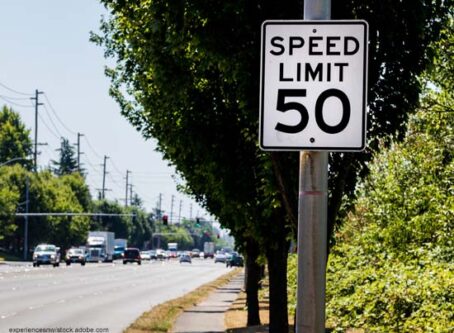Pennsylvania Senate approves public-private partnerships for truck-related projects
An effort close to passage at the Pennsylvania statehouse would tap public-private partnerships to aid the completion of truck-related projects.
The Senate voted 43-5 to advance an amended bill to expand the state’s authorization to use public-private partnerships beyond roads, rail, transit and parking facilities. House lawmakers previously approved a similar version of the bill.
The legislation would increase the scope of the state’s P3 program to allow for public-private transportation projects to include weigh stations, weigh station bypasses, and rest areas.
A separate change made to the bill would authorize partnerships to include projects to benefit alternative fuel vehicles, such as charging stations.
Locals in the mix
Another Senate change would permit counties to participate in P3 transportation agreements. Additionally, the cities of Philadelphia and Pittsburgh would have authorization to participate in transportation agreements.
A fiscal note attached to the bill states the authorization for the state’s two largest cities would allow them “the potential to generate additional revenue and/or reduce costs.”
Rep. Martina White, R-Philadelphia, previously wrote in a memo to lawmakers that she believes that extending the scope of the state’s P3 program would “increase the benefits that arise from a strong relationship between the public and private sectors relating to transportation projects.”
Annual reporting
The legislation would also require the public-private partnership transportation board overseeing the program to submit an annual report to the General Assembly. The board would be responsible for the following:
- A description of all transportation projects evaluated, and resolutions adopted.
- A description of all transportation projects denied and reasons for the denial.
- A description of all unsolicited plans for transportation projects submitted by private entities and the status of the board’s evaluation of the unsolicited plans.
- A description of all requests for the transportation projects submitted by public entities and the status of the board’s evaluation of the requests.
The bill, HB2065, has moved back to the House for consideration of changes. If approved there, it would head to the governor’s desk. If the House and Senate cannot agree on provisions in the bill, a conference committee of select members from both chambers could meet to work out the differences. LL









